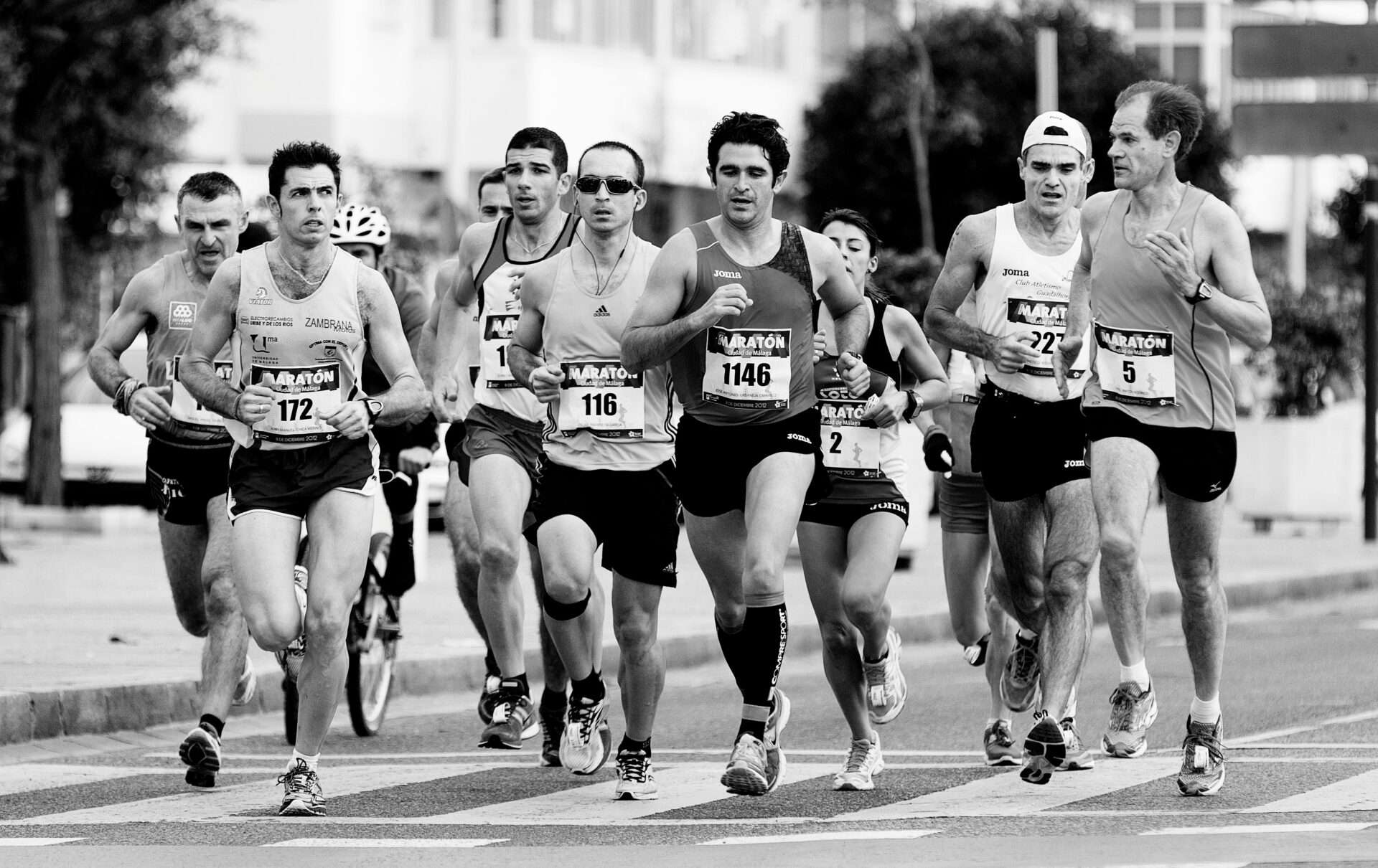The Evolution of Marathon Running
From its legendary origins in 490 BC when Pheidippides ran from Marathon to Athens, to today’s global phenomenon with over 1,200 annual races worldwide, marathon running has continually pushed human limits.
Key Milestones
- 1896: First modern Olympic marathon (2:58:50 by Spyridon Louis)
- 1984: Women’s marathon added to Olympics
- 2019: First sub-2 hour marathon (Eliud Kipchoge – 1:59:40)
Current World Records
| Category | Time | Athlete | Year |
|---|---|---|---|
| Men’s | 2:01:39 | Eliud Kipchoge (KEN) | 2022 |
| Women’s | 2:17:01 | Brigid Kosgei (KEN) | 2019 |
The Sub-2 Hour Breakthrough
Eliud Kipchoge’s historic 1:59:40 marathon in Vienna (2019) demonstrated what’s possible with:
- Advanced shoe technology (carbon fiber plates)
- Precision pacing strategies
- Optimal weather conditions
- Elite support team
Training Essentials for Elite Performance
Physical Preparation
- 100-140 miles/week training volume
- High-altitude training camps
- Strength and mobility work
Nutrition Strategy
- Carb-loading protocols
- In-race fueling (gels/fluids every 5K)
- Electrolyte balance management
Technology’s Impact
- Advanced running shoe designs (Nike Vaporfly, Adidas Adizero)
- Wearable performance trackers
- Course mapping and elevation analysis
Future of Marathon Running
- Potential for official sub-2 hour marathon
- Increased women’s participation and records
- More inclusive race opportunities
FAQs
How long is a marathon?
26.2 miles (42.195 km) – standardized at 1908 London Olympics
What’s the average finish time?
4-5 hours for recreational runners
Can anyone run a marathon?
With proper training (typically 16-20 weeks), most healthy adults can complete one
Number of Views: 4



